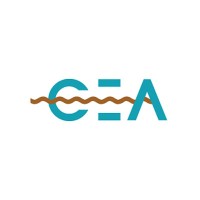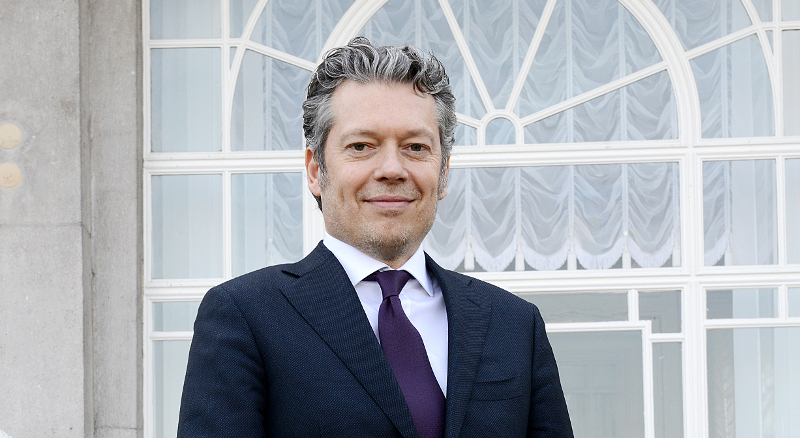
You might consider becoming a consultant in higher education if you are passionate about higher education. What are some of the benefits of being a consultant to higher education? What skills are necessary to succeed in this position? And what does it take to become a successful higher education consultant? These are some ideas. Learn more about the salary ranges for this job.
Benefits to working with a higher educational consultant
A university can benefit greatly from the expertise of higher education consultants. They can simplify the process and make it easier for students to apply. However, it can be hard to find the right consultant. These are some ways to find a qualified consultant. A good consultant will be able to provide the expertise and resources necessary to assist you.
First, choose an educational consultant who is a member of a professional association. These consultants are focused on providing students with quality service. They will begin by getting to know the student, their academic background and personal values. It is crucial to find a consultant who will support the student's goals.

Higher education consultants can work independently or for private organisations. In order to develop educational products, educational consultants often work with private organisations.
Skills required
An education consultant should be able to use analytical skills and must have curiosity. He should also be good at problem-solving and planning. He must be able find innovative solutions to problems. He should have experience working with teachers and students. He should have some experience in higher education.
As a consultant in higher education, you advise institutions about matters that affect higher learning. He can offer advice on topics including student success, diversity enrollment management campus planning and strategic plan. In addition, he or she will also help schools with leadership development. A higher education consultant should have a strong grasp of a variety of educational issues and be able to communicate effectively.
The education sector is changing rapidly and presents new challenges to students and their families. Additionally, educational institutions are becoming more competitive due to tighter budgets, low enrollment rates, and a globalized economic environment. This has led to a greater demand for qualified education consultants.

Salary range
There are many salary options for higher education consultants. The average salary of an education consultant is $52,801 to $69316. However, the highest-paid consultants can make more than $95,000 annually. Salary levels vary greatly depending upon where the job is located and years of work experience.
Education consultants should have at minimum a master's in education. Many of these people went on to earn doctoral degrees. A thesis or dissertation can provide a solid foundation for a consulting career. These papers can be used to present new research or ideas for a doctoral advisory committee. It is essential that a consultant in education maintains this reputation.
Education consulting could be the right career for you if your goal is to have a fulfilling and challenging career. There are many opportunities in this field, and there is plenty of room for advancement. It's possible to start your own consulting business and earn the benefits of being self-employed as an educator consultant. This will allow you to control your time, your clients, as well as your compensation.
FAQ
What qualifications do you need to be a consultant?
You don't just need to have a MBA, you also need to demonstrate your ability as a business consultant. You should have at least two years of experience in consulting and/or training for a major company.
You must have worked closely with senior management teams on strategy development projects. This would require you to be comfortable with presenting ideas and getting buy in from clients.
Additionally, you will need to pass a professional qualification such as the Chartered Management Institute Certified Management Consultant (CMC).
Why would a company hire consultants?
A consultant offers expert advice on improving your business performance. They are not there to sell you products.
Consultants help companies make better business decisions through sound analysis and suggestions for improvement.
Senior management teams often have consultants working closely with them to help them understand their needs.
They also offer leadership training and coaching to ensure that employees are able to perform at their best.
They may advise businesses on reducing costs, streamlining processes, and increasing efficiency.
What can I count on from my consultant to help me?
Once you select your consultant, you should expect to hear back from them within a few days. They will request information about your company including its mission and goals, products, services, budget, and other pertinent details. After receiving this information, they will prepare a proposal outlining their scope of work, estimated timeline, fees, deliverables and milestones.
If everything looks good, then the two parties will negotiate a written contract. The type of relationship between them (e.g. employer-employee or employer-independent contractor) will determine the terms of the contract.
If all goes well, the consultant will start working immediately. He/she will have immediate access to your internal documents, resources, and you'll be able to access his/her skillset and knowledge.
You shouldn't assume, however, that every consultant is an expert in all areas. To become an expert in any field you consult, it takes practice and effort. So, don't expect your consultant to know everything about your business.
What is a consultant?
A consultant is someone who offers services to others. It's more than just a job title. This role allows you to help others achieve their dreams. You do this by helping them understand their options and helping them make the right choices.
Consultants have the ability to solve any problems or challenges that may arise from projects. They provide advice and guidance about how to implement those solutions.
Any questions you have about business, technology and finance, leadership or strategy, human resource management, customer service, customer service, or any other topic, a consultant can answer them.
Are you a qualified consultant?
Studying a subject deeply and then applying your knowledge is the best way for you to become an expert.
If you are interested in becoming a great advisor, then start learning now!
A degree without relevant experience may make it difficult for you to be hired. But, if your qualifications are comparable to those who have been hired, you might still be eligible to apply.
Employers will always search for candidates with real-world experience.
What are some of the advantages to being a Consultant?
Consultants have the ability to choose when and on what they work.
This allows you to work wherever and whenever you want.
You also have the freedom to change your mind at any time without fearing losing your money.
Finally, your income can be controlled and you can set your own hours.
How is consulting different to freelancing
Freelancers, who are self-employed and provide services to clients without the need for employees, are independent contractors. Hourly rates are usually charged based on the time they spend working on a client’s project. Consultants typically work for agencies and companies that employ them. Consultants are typically paid either monthly or annually.
Freelancers tend to have more flexibility than consultants because they control their work hours and set their own prices. Consultants have better benefits, like health insurance, vacation time, sick leave, retirement plans and etc.
Statistics
- 67% of consultants start their consulting businesses after quitting their jobs, while 33% start while they're still at their jobs. (consultingsuccess.com)
- Over 50% of consultants get their first consulting client through a referral from their network. (consultingsuccess.com)
- On average, your program increases the sales team's performance by 33%. (consultingsuccess.com)
- My 10 years of experience and 6-step program have helped over 20 clients boost their sales by an average of 33% in 6 months. (consultingsuccess.com)
- So, if you help your clients increase their sales by 33%, then use a word like “revolution” instead of “increase.” (consultingsuccess.com)
External Links
How To
What is a typical day for a consultant?
Depending on what type of work you do, your typical day may vary. But, in general, you will spend your time researching, planning and meeting new clients.
You will often have meetings where you discuss issues and problems with clients. These meetings can be held over the telephone, online or face-to face.
The proposal is a document that outlines your ideas and plans to clients. These proposals will be presented to clients by you and a mentor.
After all the planning and preparation, you will have to produce some content. Writing articles, designing websites, editing photos or conducting interviews are just some of the options.
You may need to conduct research depending on the scope of your project to find relevant statistics and figures. This could include finding out how many customers your company has and whether they purchase more than one product.
Once you have gathered enough information, it's time to present your findings to clients. You may give your findings orally or in written form.
After your initial consultation, you should follow up with your clients. You can call clients to ask how they are doing or send emails asking for confirmation that your proposal was received.
Although this process can take time, it is important to stay focused and build good relationships with your clients.